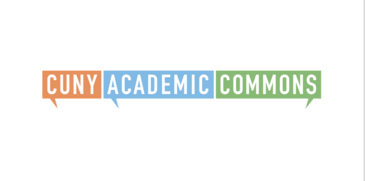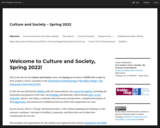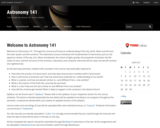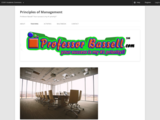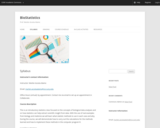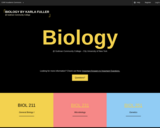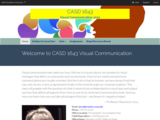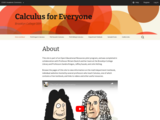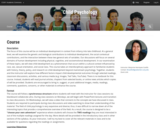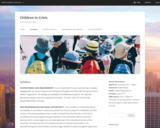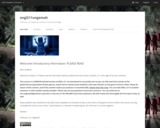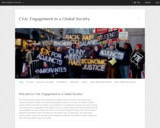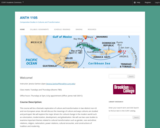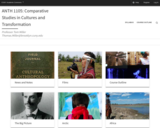BUSN 3100 Principles of Marketing
An overall view of the field of marketing and the theory of consumer and enterprise demand. Emphasis is given to consumer behavior, advertising, social responsibility, marketing strategies, market potential, product planning and development, market research, pricing, sales promotion, channels of distribution and government regulation.
BUSN 3140 Consumer Behavior
An interdisciplinary approach to understanding consumer motivation and behavior. The relationship of information processing and learning theory on buyer behavior, importance and measurement of images and attitudes, theories of promotion and communication, and models of consumer behavior. Consumerism. Application of theoretical principles to advertising, positioning, segmentation, and product strategies.
BUSN 3200 Principles of Management
This course explores the functions of the manager and the organization and operation of American business. Also we cover management processes, concepts, and specific problems of production, management, labor relations, marketing, financing, decision making and accounting.
BUSN 4100 Seminar in Marketing Research
This course focuses on techniques of marketing research, including research design, use of primary and secondary data, questionnaire construction, sample selection, data collection and analysis, report writing, and applications of research to the solution of marketing problems.
BUSN 4101 Seminar in Strategic Marketing
Equips students with marketing decision making skills through case study analysis and demonstrates how to develop a strategic marketing plan. Emphasis on the integration of marketing research, market segmentation, targeting, and positioning; and product, pricing, distribution, and promotion strategies. Importance of marketing ethics and corporate social responsibility in decision making. This course is writing-intensive.

